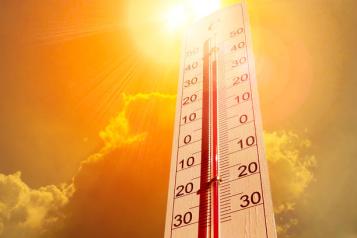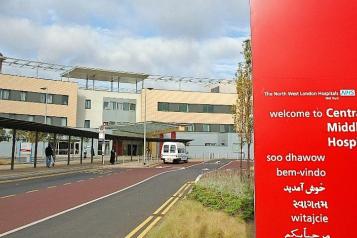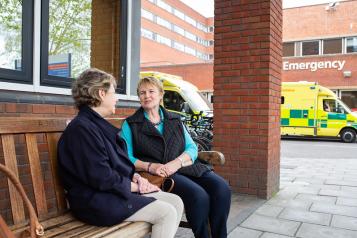December strike by NHS nurses is biggest in their history

The Royal College of Nursing (RCN) announced strikes on 15 and 20 December in its pay dispute with the government. Nurses will still provide emergency care, but routine services will be hit. The RCN said it had been given no choice after ministers would not reopen talks, but the government said the 19% pay rise demanded was unaffordable.
RCN general secretary Pat Cullen said: "Ministers have chosen strike action.
"Nursing staff have had enough of being taken for granted, enough of low pay and unsafe staffing levels, enough of not being able to give our patients the care they deserve."
Under trade union laws, the RCN has to ensure life-preserving care is provided during the strikes, which will last from 08:00 to 20:00 GMT. This is likely to mean some urgent cancer services, urgent tests and scans and ongoing care for vulnerable patients will be protected alongside A&E and intensive care - although it will be up to local health bosses and union leaders to negotiate exact staffing levels on strike days.
GP services, however, will be unaffected as nurses working in practices were not entitled to take part in the ballot. And because a series of individual ballots were held at NHS trusts and boards rather than one national ballot, nurses at more than 40% of England's hospitals, mental health and community services are not entitled to strike because the turnout was too low in those votes. However, walkouts can happen at all of Northern Ireland's health boards and in all-but-one in Wales, the Aneurin Bevan.
The RCN has called for a rise of 5% above the RPI inflation rate, which currently stands at above 14%, but no UK nation has offered close to that. In England and Wales, NHS staff, including nurses, have been given a rise of at least £1,400 - worth about 4% on average for nurses. In Northern Ireland, nurses are yet to receive a pay award because there is no working government.


